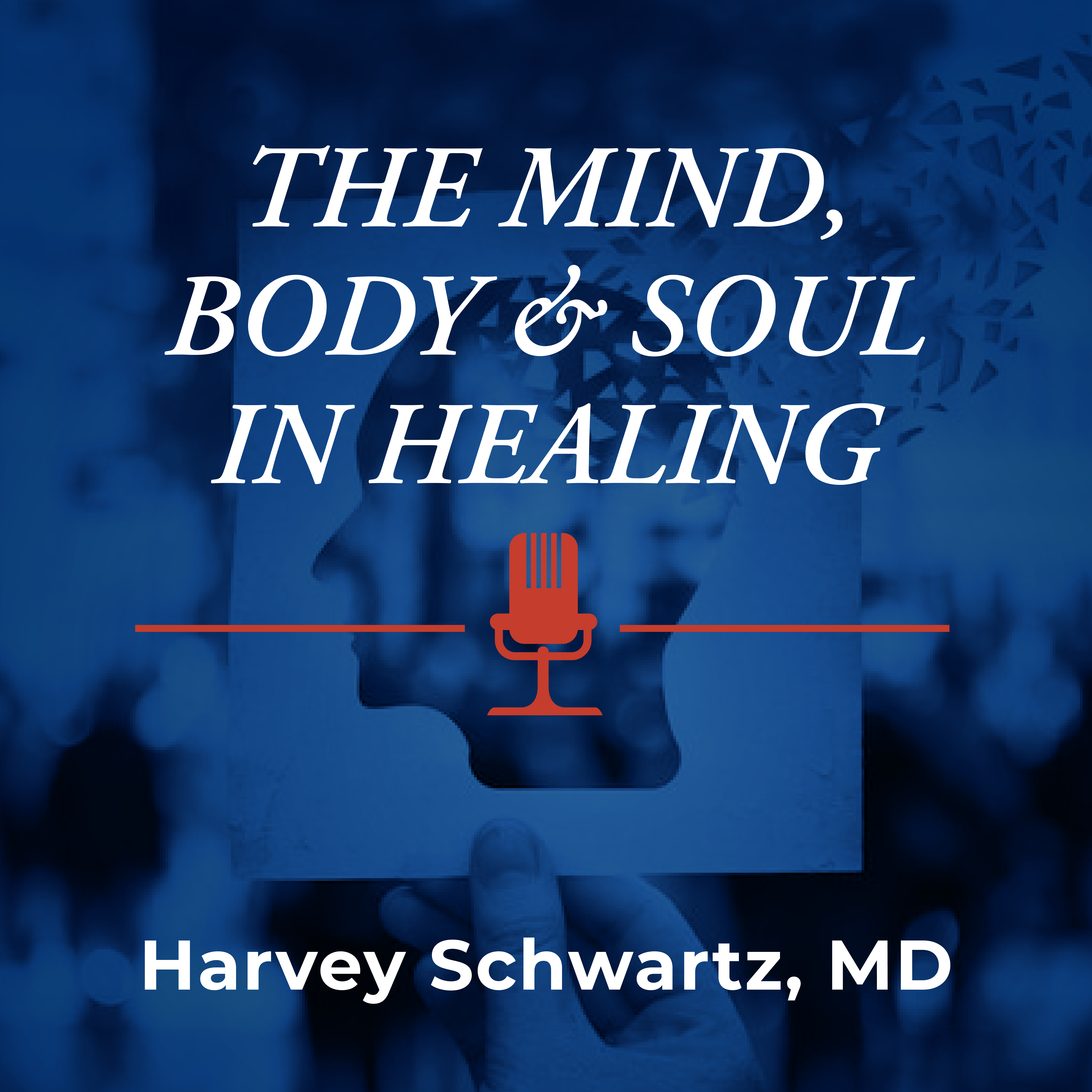
“[during the MDMA experience] at around 45 minutes they may notice a shift where the anxiety dissipates and there is a sense of opening, a sense of feeling ok, maybe more than ok, maybe feeling a little bit blissful or positive. One study measured a sense of authenticity – meaning the feeling of being ok to be oneself. They may choose to continue to be inward and notice what is coming up for them in their mind, in their body, or they might take their blindfolds off and they may choose to engage with us. We should take a deeper dive here and say that this state will last two, three, four hours – the full duration of the session is eight hours and that is because we just want to make sure that when the therapist leaves and the participant has a night attendant there or they go home in some cases, that the person is kind of landed and they are in a more ordinary state of consciousness so they can be safe.”
Episode Description: Dr. Gorman is one of the investigators in the recently published study documenting dramatic improvements through MDMA-assisted psychotherapy in participants with severe PTSD. We begin our conversation by describing the burden of PTSD as it is lived in individuals’ and their familys’ lives. Trauma-stimulated symptoms of numbness and explosiveness represent the most overt aspects of not living fully in real-time. We distinguish between single incident PTSD from complex PTSD with the latter having reverberations with childhood trauma. Ingmar walks us through the MDMA clinical trial describing the procedure from the outside as well as through the individual’s internal experience. Over time, over half of those who initially presented with severe symptomatology are cured of their condition. We discuss additional research utilizing psychedelic therapies for other conditions including OCD, addictions, smoking cessation, and end-of-life anxieties. We conclude by considering the role of the researcher as distinct from the enthusiast.
Our Guest: Ingmar Gorman, Ph.D. is a co-founder of Fluence, a psychedelic education company training mental health providers in psychedelic treatments. As a psychologist, he shares his expertise in empirically supported psychedelic treatments with his clients and trainees alike. Dr. Gorman received his clinical training in New York City at the New School for Social Research, Mount Sinai Beth Israel Hospital, Columbia University, and Bellevue Hospital. He completed his NIH postdoctoral fellowship at New York University. He simultaneously served as site co-principal investigator on FDA-approved Phase 2 and 3 clinical trials of MDMA-assisted Psychotherapy for Post-Traumatic Stress Disorder and continues to be a therapist on such studies, as well as trials of psilocybin for treatment-resistant depression and binge eating disorder. Dr. Gorman has published on the topics of classic psychedelics, ketamine, MDMA, and Psychedelic Harm Reduction and Integration.
Click here to share this episode on Twitter.

